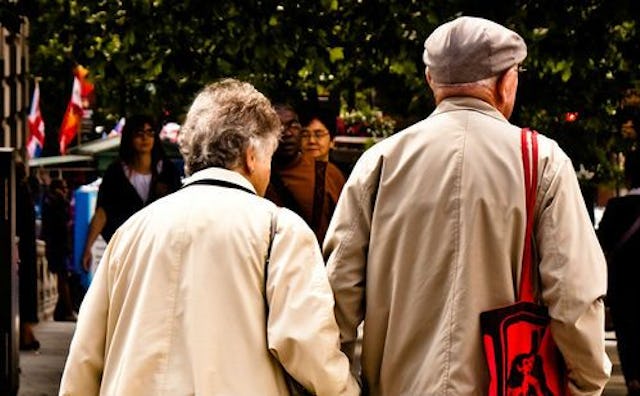5 Things to Know About Hiring a Caregiver for Your Elderly Parents

1. It’s going to take a take a certain amount of time. You’ll have to interview caregivers, get them up to speed, and coordinate care among the various shifts. By hiring a caregiver, you’ve bought yourself a certain amount of time, but it’s not perfect. Caregivers need oversight and guidance.
2. Sometimes you have to fire them. There’s going to be turnover, whether it’s due to incompetence or merely a personality mismatch. Your parents have to feel comfortable with the person you hire, and it might take a while to find a good fit.
3. You need to be organized. Goyer expected that telling one caregiver something would mean that all the subsequent shifts would get the message—which turned out not to be case. She found that she needed systems: checklists, emails, and texts to all members of the caregiving team to keep on top of everything.
4. Your parents have unique personalities and should have a say in their care. As I know from helping with my grandmother’s care, home health aides are not interchangeable. Some caregivers my grandmother deemed “too loud,” but they might have been perfect for an elderly person who wanted more lively company. Personality conflicts are inevitable, and it’s important to find the right match.
5. Agencies might not be the answer. This was definitely our experience as well: The local home health-aide agency did dispatch people on a moment’s notice, but they were not necessarily competent. One didn’t speak a word of English and didn’t drive. One did drive, but used that skill to drive herself away and leave my grandmother alone for hours at a time. We found a better fit through a friend of a friend.
Of course, the elephant in the room is the fact that this is often a crushing burden for an adult child to bear, both in terms of time and money. Eldercare is handled far more efficiently in other countries, like Germany and Japan: As part of a national long-term care plan, the medical community is engaged in the kind of day-to-day care that elderly people need, dispatching nurses, aides, and social workers as needed. Adult children are part of the mix, but the work load required doesn’t fall entirely on them. Check out Ai-jen Poo’s The Age of Dignity for a thoughtful discussion on how to address the eldercare crisis in the United States.
This article was originally published on